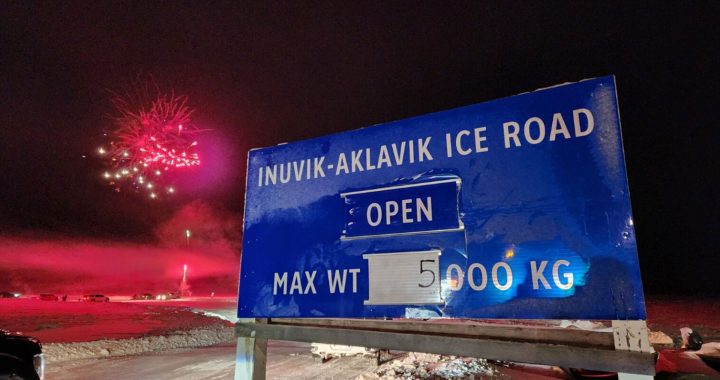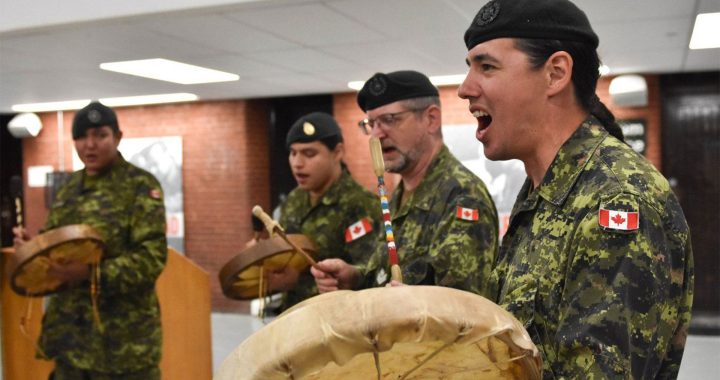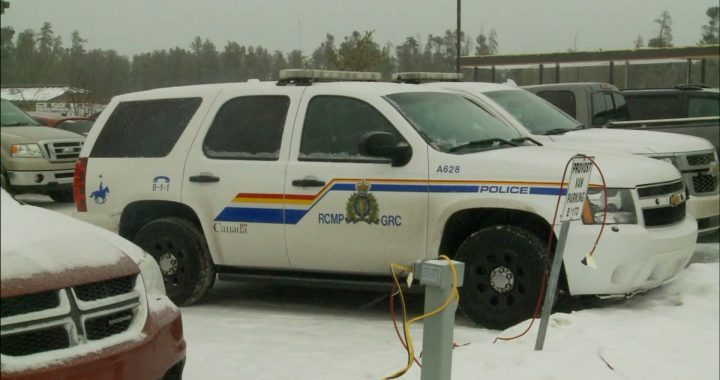It’s been almost three years since the National Inquiry into Missing and Murdered Indigenous Women and Girls released its final report and the federal government has yet to table a detailed plan to follow its calls for justice.
On Monday, the senate’s Aboriginal Affairs committee held a meeting to hear from the four commissioners who wrote the report – and to get any updates on progress from the government.
Former chair of the national inquiry Marion Buller says she has no knowledge of a plan.
“After June 30, 2019 nobody reports to me or the other commissioners,” she says. “So, the only way we can find out is like anyone, any other citizen in Canada, and that’s to do Google searches from time to time.”
In 2016, the Trudeau Liberals called for the much sought-after national inquiry to look into the causes of violence against Indigenous women and girls. The inquiry’s launch came on the heels of an RCMP report that estimates more than 1,200 Indigenous women and girls had either been murdered or vanished since the 1970s.
According to the report, “comprised of the truths of more than 2,380 family members, survivors of violence, experts and Knowledge Keepers shared over two years of cross-country public hearings and evidence gathering. It delivers 231 individual Calls for Justice directed at governments, institutions, social service providers, industries and all Canadians.”
At first, the Liberal government blamed the pandemic for slowing the progress of the government’s response to the calls for justice.
Buller was asked by the committee what role it could play in speeding up the process.
“What can the Senate do to assist? I think there are many ways the Senate can put very subtle pressure on the executive branch,” Buller says.
“Embarrassment is a good form of subtle pressure.”
Either way, former commissioner Qajag Robinson says success can’t be measured by government dollars spent or programs created alone.
“They must do more than show you the budgets that they’ve spent and the line items attached,” she says. “They must be prepared to show you how it has affected people’s lives. You must learn to understand and they must demonstrate how their actions, decisions, have informed and enhanced the lives of people.”
June 3 will mark the third anniversary of the release of the final report of the Inquiry into Missing and Murdered Indigenous Women and Girls.










